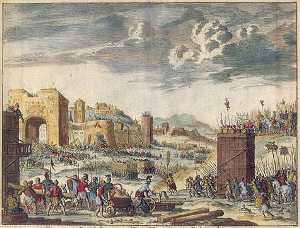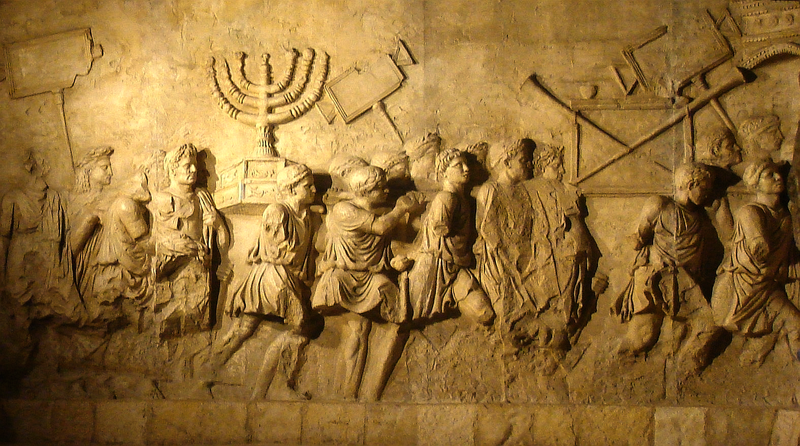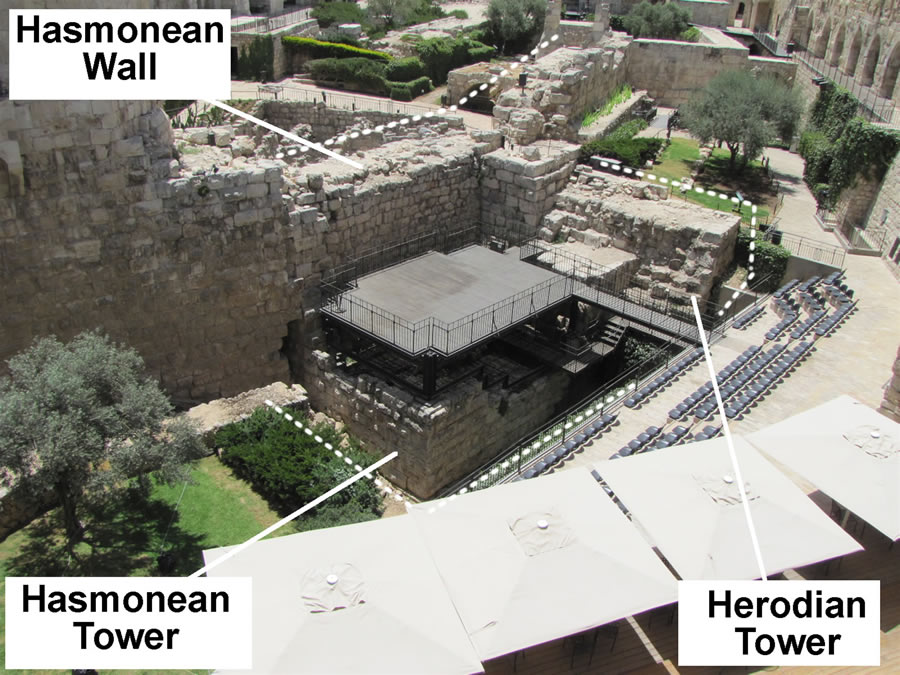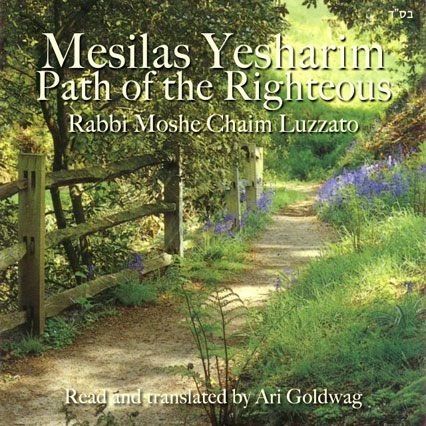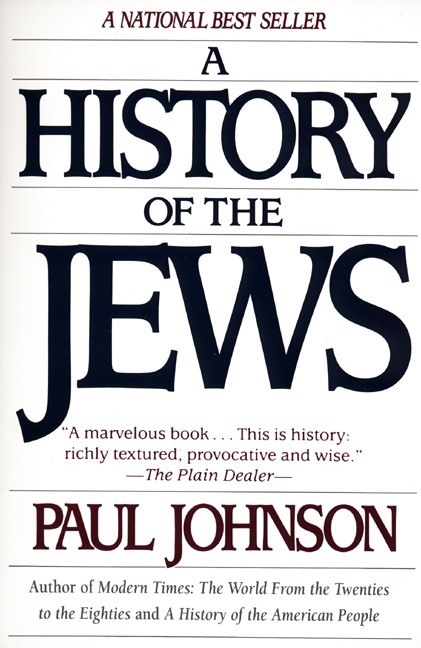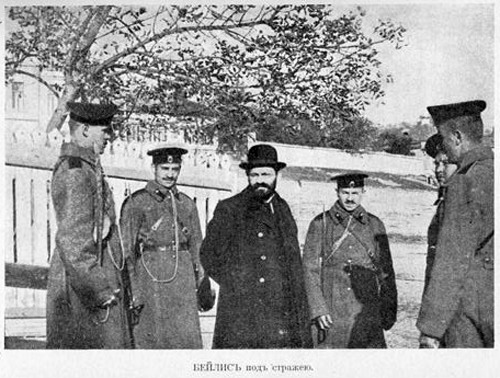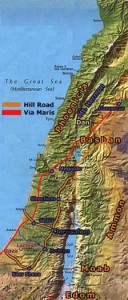
Now when Pharaoh let the people go, God did not lead them by way of the land of the Philistines, although it was nearer, for God said, “The people may have a change of heart when they see war, and return to Egypt.” So God led the people roundabout, by way of the wilderness at the Sea of Reeds. (Exodus 13:17-18)
God marched the Jews along a route that took them to the Sinai desert. He did not lead them along the road which led directly to the land of Israel, which would be the Via Maris or “Way of the Sea” (see Isaiah 9:1). This was the northern road stretching from what would one day be Alexandria up the coast into Gaza, which was the main road used in the ancient world to travel from Egypt to the lands of the north. It was one of the most ancient roads in the world.
God, however, plunged the Jewish people into the heart of the desert. They came to the Sea of Reeds, which is hard to identify. Perhaps it is in what is today the Gulf of Suez or the Bitter Lakes. In any event, as they encamped by the sea, Pharaoh suddenly had a change of heart. After contemplating the matter he realized that the Jewish people were in a terrible logistical situation. They had nothing to eat, nowhere to go and were trapped against the sea, a position no General would allow his army to find itself in.
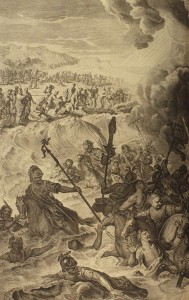
Pharaoh could not resist the temptation. He gathered what was left of the Egyptian army, 600 chariots. Chariots in those days attacked in squadrons of three and charged in the formation of a triangle, one on the point and two on the flanks. The chariots also had knives and sharp instruments on their sides. The result was that three charging chariots could break through any line of infantry. Chariots in the ancient world were the tanks of today.
The Jews had no defense against chariots. They were an untrained rabble and the few arms they had were no match for the mighty Egyptian army. Suddenly, they saw Pharaoh’s army approaching and found themselves in a situation in which there was no exit and no hope of victory. They were on the brink of disaster. The people were too immersed in the moment to realize that their highly compromised situation was the precise means by which they would achieve total victory. Had Pharaoh not thought they were vulnerable he would not have attacked and his army would not have been destroyed. The threat of Egypt might have continued.
Their own desperate situation duped Pharaoh into throwing everything into the fray in the hope of a final kill. In his headlong rush to victory he guaranteed his defeat.
Then, in the midst of their moaning and troubles, they experienced a salvation so unexpected that a song of spontaneous joy collectively burst forth from them…
The same is true in the life of the individual. No one likes to be challenged and have troubles. However, the truth is that troubles are usually opportunities for growth and achievement more than one could have before. Many a successful person went on to success because he got fired from his job. He was forced to go out on his own and achieved unprecedented success.
That is an important subtext to the story of the Exodus. The troubles that befall the Jewish people as a whole offer a ray of opportunity. That does make it easier for those suffering from the troubles. Nevertheless, things are usually never as black as they look. One never knows how things will turn out. And then we look back in hindsight and say it was not so bad because out of the very trouble came these good things. Being human, of course, and by definition limited in our vision, it is very hard to be calm and philosophical about the event as it occurs.


